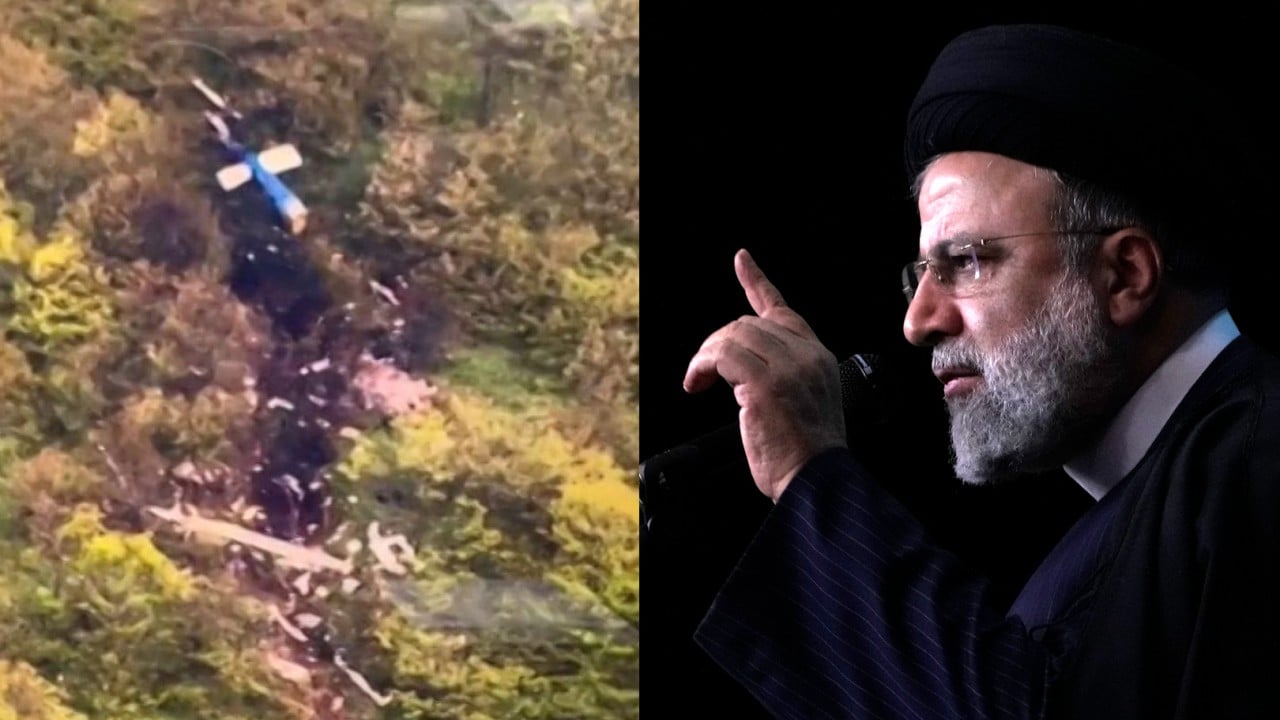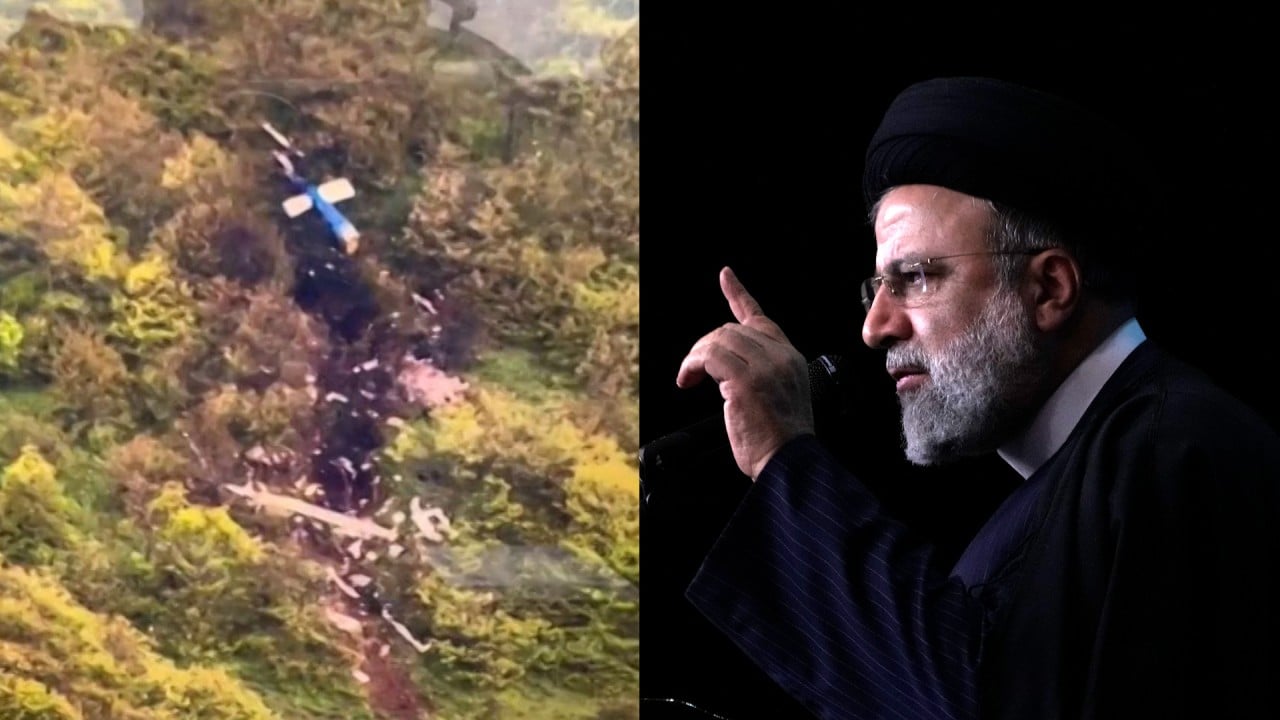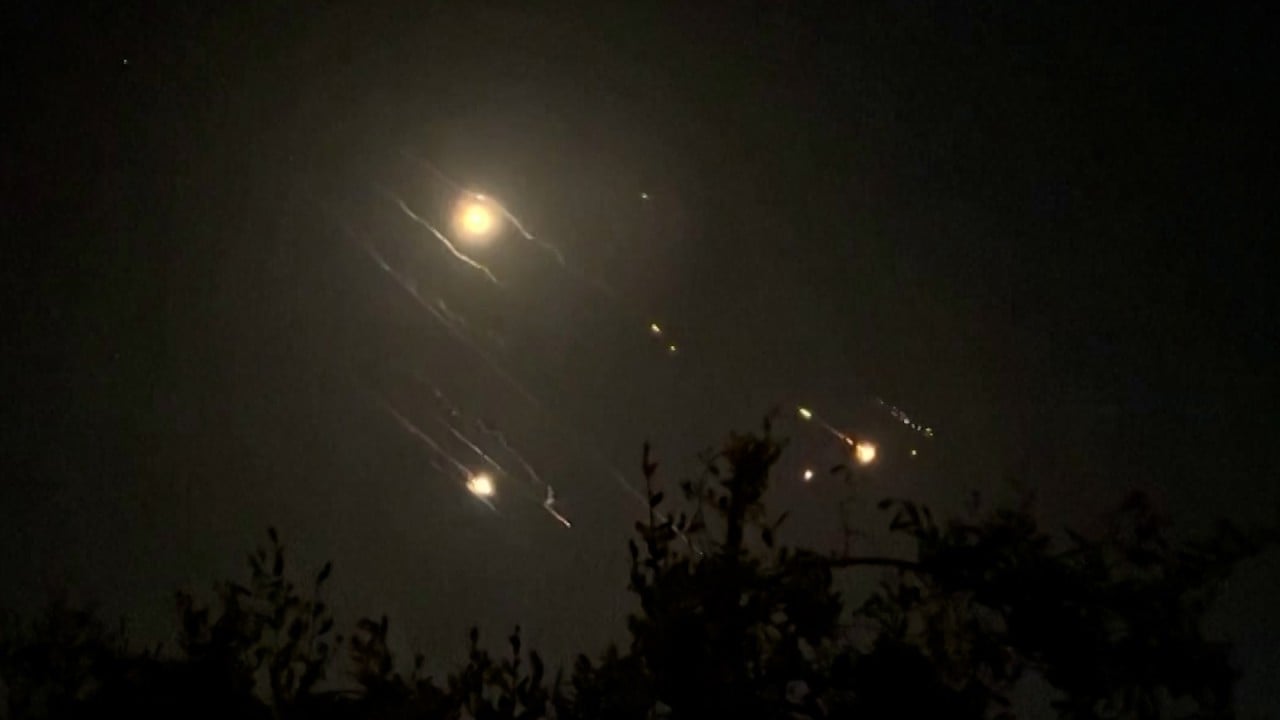China has lost a “good friend” with the death of Iranian President Ebrahim Raisi but its ties with Iran will remain intact and its influence in the Middle East unchanged, according to diplomatic observers.
“[Raisi’s] unfortunate death is a great loss to the Iranian people and Chinese people also lost a good friend,” Chinese President Xi Jinping said in condolences sent to Vice-President Mohammad Mokhber on Monday.
“The Chinese government and people highly value the traditional friendship with Iran and believe that with joint efforts, the comprehensive strategic partnership between China and Iran will surely continue to be strengthened and developed.”
Chinese foreign ministry spokesman Wang Wenbin said China would continue to provide all necessary support to Iran, and further deepen the partnership between the two countries.
Raisi, a hardliner and potential successor to Supreme leader Ayatollah Ali Khamenei, was killed in a helicopter crash in mountainous terrain near the Azerbaijan border on Sunday. Foreign Minister Hossein Amirabdollahian and six other passengers also died in the crash.
Khamenei, who holds ultimate power with a final say on foreign policy and Iran’s nuclear programme, said Mokhber would take over as interim president, the official IRNA news agency reported.
Iran’s top nuclear negotiator Ali Bagheri was appointed as acting foreign minister.
Diplomatic observers said Raisi’s death would trigger a high-stakes power struggle, but the outcome was unlikely to affect bilateral ties.
“The change in the Iranian presidency is unlikely to have an impact on the overall ties between Beijing and Tehran, as the robust relationship is set in Iran’s national policy,” said Fan Hongda, a professor at the Middle East Studies Institute at Shanghai International Studies University.
Fan said that in the Iranian political system, the president was the executor of national policy and was less powerful than the supreme leader.
James Dorsey, a senior fellow specialising in Middle East studies at the S. Rajaratnam School of International Studies of Nanyang Technological University, said Iran’s foreign policy focus on Russia, China, the Global South and its non-state allies in the Middle East would continue.
Iran’s influence runs deep and wide in the Middle East, which is now occupied with the Gaza war. Tehran has significant influence through various proxy groups across the region, including Hezbollah in Lebanon, various militia groups in Iraq, the Houthi rebels in Yemen.
But analysts said they also expected little change in regional power given that true authority did not lie with the president.
Similarly, China’s role and influence in the Middle East would be largely unaffected.
“Iran has proven over the last 45 years, since the Islamic revolution, that it is extremely resilient. It has absorbed multiple major shocks without the system buckling under it,” Dorsey said.
“The transition is very clearly spelled out in the constitution, and that is likely what is going to happen.”
Yin Gang, a research fellow at the Chinese Academy of Social Sciences, agreed there would not be a major change in regional power.
Yin said Israel and the Arab countries were unlikely to exploit the moment to provoke Iran, and Shiite non-governmental armed groups such as Hezbollah would restrain their actions.
But the Iranian opposition, such as the Kurds in Iraq and the Baloch opposition armed groups, “may exploit the opportunity to cause trouble”.
Wen Shaobiao, a Middle East affairs specialist also from Shanghai International Studies University, said there were two geopolitical possibilities for the region.
“To win more votes in the presidential election, the conservative forces in Iran might choose to exacerbate regional tension by, for example, stepping up confrontation with Israel and exerting influence on Houthis to attack Red Sea ships,” Wen said.
This could help shift the public attention from any economic issues raised by the oppositional liberal political forces during elections.
The other possibility was that the conservative forces could take a more restrained approach to regional tensions.
“With the death of pivotal figures in the conservative forces, there might be a downward shift in those forces’ domestic and foreign policy momentum, so Tehran could opt for a more low-key approach and be less radical and aggressive when handling regional tensions, which might help ease them,” he said.
Wen agreed, though, that the crash would not have a big impact on China-Iran ties or the Middle East in the long term.
“Tehran will quickly fill the power void and Khamenei also demonstrated his ability to manage the political landscape,” he said.
But Dorsey questioned whether Beijing truly could exert geopolitical influence in the Middle East.
“China is a major economic player in the Middle East, there’s no question about it. But China is not a major geopolitical player,” he said.
“The Gulf states, particularly Saudi Arabia, are not looking to China for a security arrangement, nor is China interested for that matter.”
In March last year, Beijing helped Iran and Saudi Arabia restore full diplomatic relations. The administration of US President Joe Biden has recognised Beijing’s sway in Tehran, with US officials asking China to urge Iran to cease its strikes on Israel.




